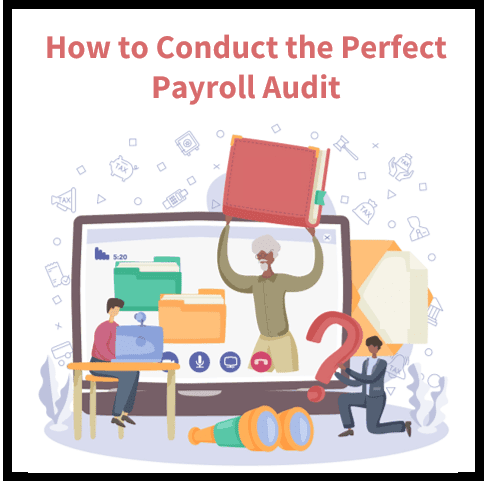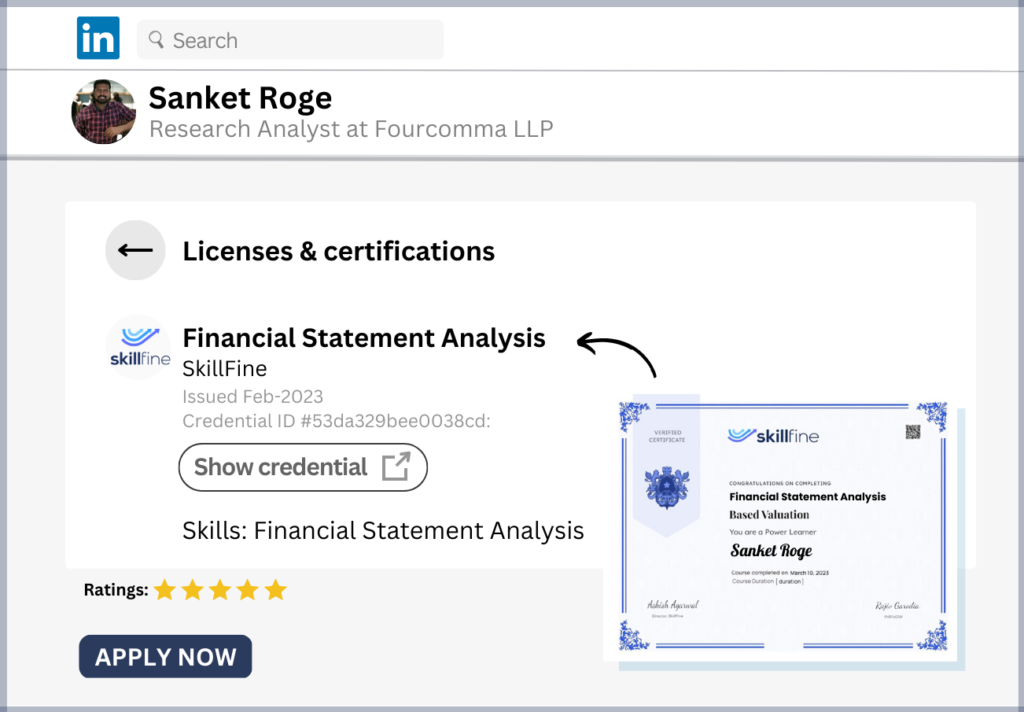The concept of payroll is very much baffling to many. It’s a management task that requires a lot of care and attention. A payroll audit is an external check on the correctness of payroll accounting transactions. It’s an essential step to ensure that payroll management is being carried out in accordance with accounting and regulatory requirements.
With payroll, you are taking in money for people who are not employees. They can be vendors, contractors, or even family members. For most companies, payroll is the single source of cash that allows them to pay their employees and suppliers. Even though payroll is a basic function and there are many third-party payroll services that offer it, it’s still important to have a strong understanding of the fundamentals of payroll accounting.
What is payroll accounting?
Payroll accounting is the process of recording the details of an organization’s payroll. This includes how much an employee earns and how much an employer owes them. The payroll accounting process includes the following steps:
– Collecting data from various sources, such as employees’ time sheets, pay stubs, and other documentation.
– Classifying the data into the appropriate categories, such as hours worked and wages earned.
– Creating and/or entering the data into the company’s accounting system. – Generating reports that show the company’s financial health.
Differences between payroll and accounting
– Payroll records the data related to employees, including their hourly wages, deductions, and benefits. It doesn’t track expenses like supplies, payroll taxes, and business expenses. – Payroll can be done manually or with a payroll software.
It’s a manual task that can be combined with other business tasks like record keeping, time management, and project management. However, it can be automated with the help of payroll software.
– Accounting is a more in-depth task that is used to measure the financial health of an organization. It’s done manually by recording transactions, such as how much money is coming in and going out. It tracks expenses like what products are being bought and what expenses are being paid for. It also calculates how much profit or loss has been recorded for the business.
Benefits of payroll accounting
– The most important benefit of accounting is that it helps you to analyze your business so that you can improve on it. You also get to know the amount of profit which you can then use to grow your business.
– Another important benefit of accounting is that it helps you to keep track of all your employees, their earnings, and the company’s finances. It helps you to know when to give them raises or when to let go of some employees if they are not producing what is expected from them.
– You can also track the number of hours your employees are spending on the job and their productivity. This helps you to work on reducing the work hours and increasing the productivity of your employees. This will help you to cut costs on hiring new employees and also reduce your payroll expenses.
Steps for conducting a payroll audit
– You can find out how your business is being run by conducting a payroll audit. You can ask your bookkeepers, payroll managers, and payroll professionals for assistance in this process.
– You can conduct payroll audits on a monthly, quarterly, or even yearly basis depending on the results you get. – You can audit your payroll by making an electronic discovery request to third-party payroll providers.
– You can also audit your payroll if you have a payroll software that allows you to audit payroll transactions. – Conducting a complete audit of payroll will help you to discover and fix any issues in your business that may be affecting its performance.
The goal of a payroll audit
The goal of a payroll audit is to confirm that the payroll information being recorded is correct, complete, and consistent. For example, the pay rates for certain employees should be correct. Similarly, the amount of deductions should match the corresponding forms submitted by the company’s employees. In addition, you should also make sure that the pay periods, times, and dates are correct. The number of paychecks or pay periods should also tally with the number of weeks in the pay cycle.
Tips for conducting an effective payroll audit
– You should conduct payroll audits periodically to ensure that payroll information is up-to-date and accurate. You can also conduct an audit whenever a change in payroll is made.
– When conducting an audit, the best thing to do is to follow a step-by-step process. This can help you to manage the audit process and get to the right answers quickly.
– You should make sure that payroll records are up-to-date and accurate before you conduct your audit.
– You should make sure that all payroll employees are familiar with the audit process. This can help to reduce the risk of human error during the audit process. – You should also make sure that the audit team has the necessary skills and expertise to conduct an audit.
Conclusion
A payroll audit is an external check on the correctness of payroll accounting transactions. It’s an essential step to ensure that payroll management is being carried out in accordance with accounting and regulatory requirements.
Payroll accounting is a very important field of business management in which you will be required to manage human resources well.
If you want to run a successful business, you will need to know how to collect money from your employees or from outside contractors. This can be done through payroll accounting.


